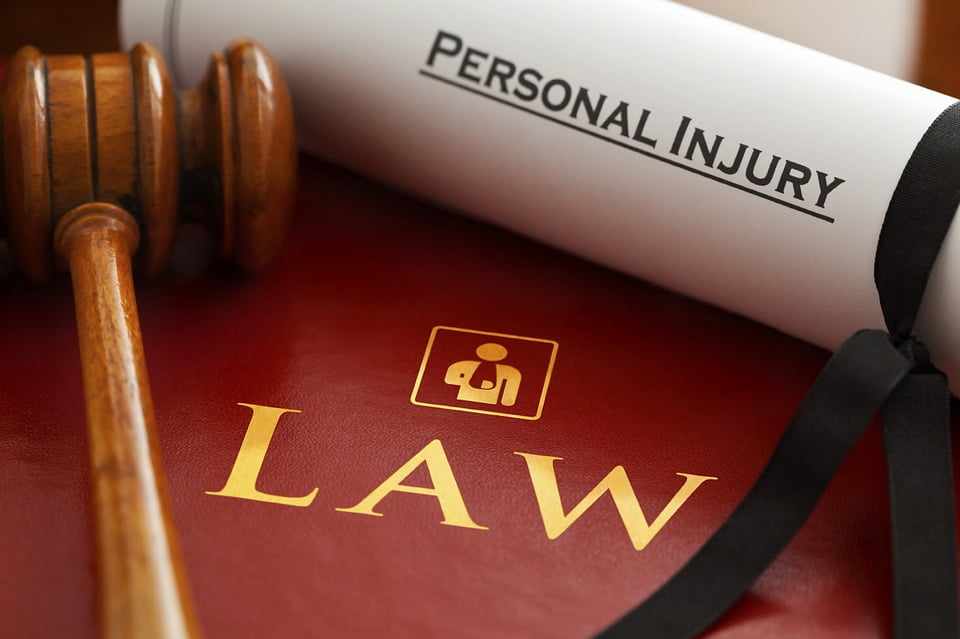
Let us say you are a typical employee who goes to work, but due to faulty equipment or structural damage, it leaves you with an injury. Suddenly, the hospital is plaguing you with medical bills, and it stunts your mobility even though it is not your fault. In cases like this, it will be helpful to consult with a personal injury lawyer.
There are many types of personal injuries that you can acquire even from medical malpractice alone. From carelessness in giving anesthesia dosage to surgical malpractice, the location alone is prone to mistakes if the medical staff are not careful. To get more information about what a personal injury lawyer can do for you, you can check out this website of trusted professionals.
What Does A Personal Injury Lawyer Do:
That said, here are the things that a personal injury lawyer can do for you:
1. Represents Clients In Court:
A personal injury lawyer represents their client or clients so that the latter may gain financial compensation that the company or any other private entity may choose to withhold. Personal injury lawyers are civil litigators who help gather evidence to make sure that your rights are acknowledged. They will help you acquire the following:
- Compensation for medical expenses
- Pay for suffered injuries
- Financial assistance from losing the ability to work
- Payment for the pain and suffering or general damages caused by the company or any other entity
Personal injury lawyers navigate the tort law, which specializes in cases of negligence due to the misgivings of the company or any other persons. They make sure to provide you with what you need to be able to get what you rightfully deserve as you recuperate.
Litigators tend to take on different types of cases on personal injury. They range from animal bite injuries to medical malpractice, accidents, abuse, consumer product defectiveness, wrongful death, and more. If it causes physical and mental incapacities, both temporary or permanent, as well as stress and monetary loss, the PI lawyer can decide if it is a strong case for your part as the plaintiff.
2. Walks A Client Through The Legal Procedure:
The personal injury lawyer is there to explain and to walk you through the system. It is their responsibility to lay it all out in basic terms that the client can understand. Statute of limitations varies from state to state. The lawyer also investigates if there is negligence on the part of the plaintiff. Lying may also affect your case.
The litigator will ask you questions regarding the event of the injury and may advise you to provide a report to make sure that they are fulfilling their responsibilities as your lawyer by catering to your needs and giving advice on how you should proceed.
The situation may escalate to a court hearing if both parties do not agree to a settlement. Often, the only way that the client may get compensation is if both parties can agree to a compromise. It is the responsibility of the lawyer to handle and present the case following the proper procedure.
3. Personal Injury Lawyer Conducts An Investigation:
A lawyer will first need to conduct an investigation, as well as talk to and gather witnesses. In some cases, they may also hire professionals to reconstruct the events during a trial. These lawyers have a network of experts and may have a lineup ready if they can help your case. These professionals may also be in contact with medical providers and are familiar with specific injuries you may have sustained.
When plaintiffs start to worry about medical bills, gathering funding to sustain living expenses while out of work, and other necessities, the personal injury lawyer may also be able to identify the long-term damage any injury may have caused. It is how they determine how much compensation the plaintiff needs.
4. Mediates And Negotiates:
The best PI lawyers are exceptionally good at negotiations, oral arguments, professional investigation, damage assessment, and legal processes.
Mediation between the client and those responsible for the injury involves the ability to negotiate terms that will satisfy the client and the people who need to address their wrongdoings. If the case goes to trial, the lawyer must also be an expert in oral advocacy to argue your case. Client development is also one factor because they will need to build you up in court if push comes to shove.
In Conclusion:
Beginner personal injury lawyers may gain experience better by joining firms and may choose to go independent eventually. Those wanting to pursue this career may find that it takes passion and the hunger to succeed to climb the ladder. It is an occupation that is genuinely for the brave and compassionate to assist those who are in dire need of their services.
Read Also:






























